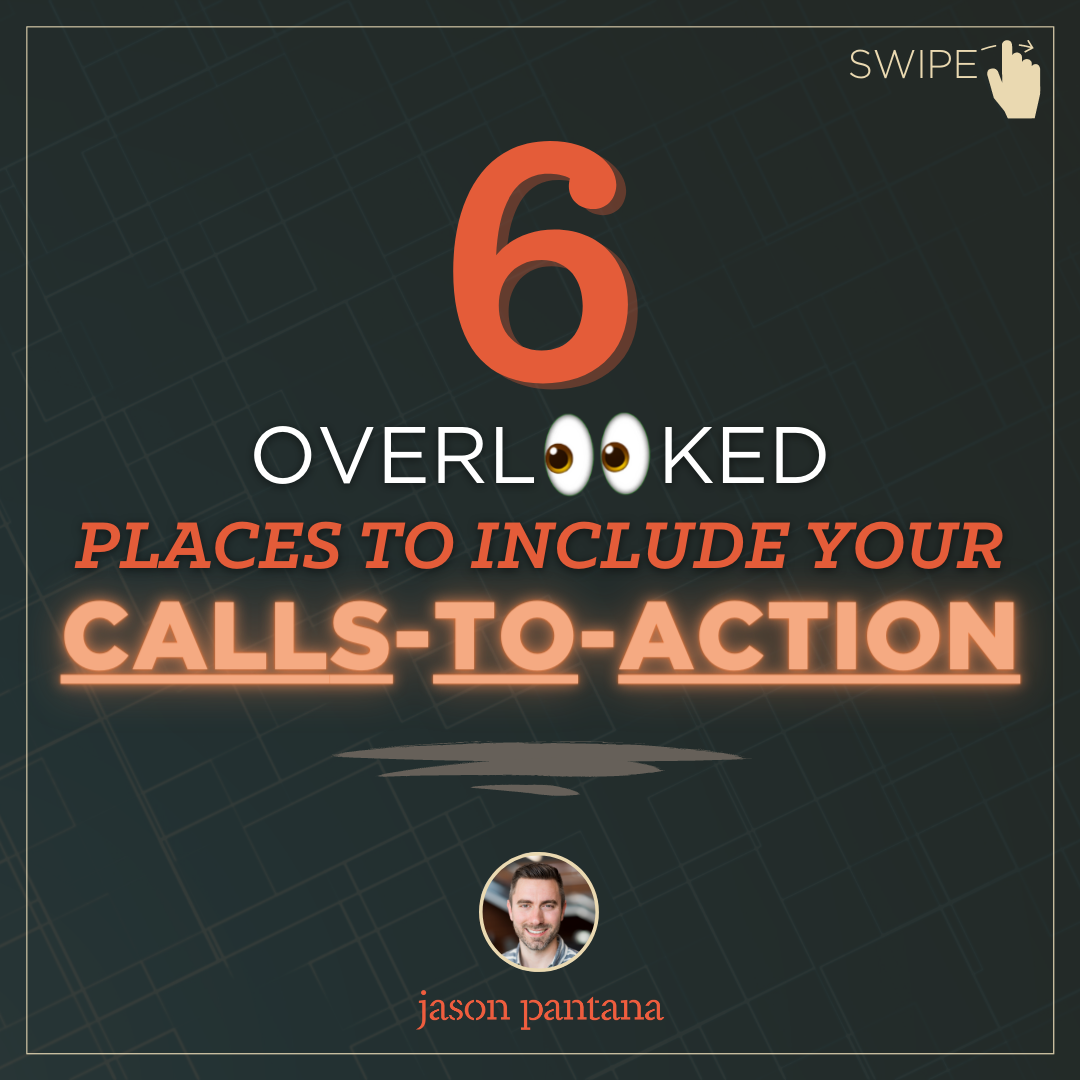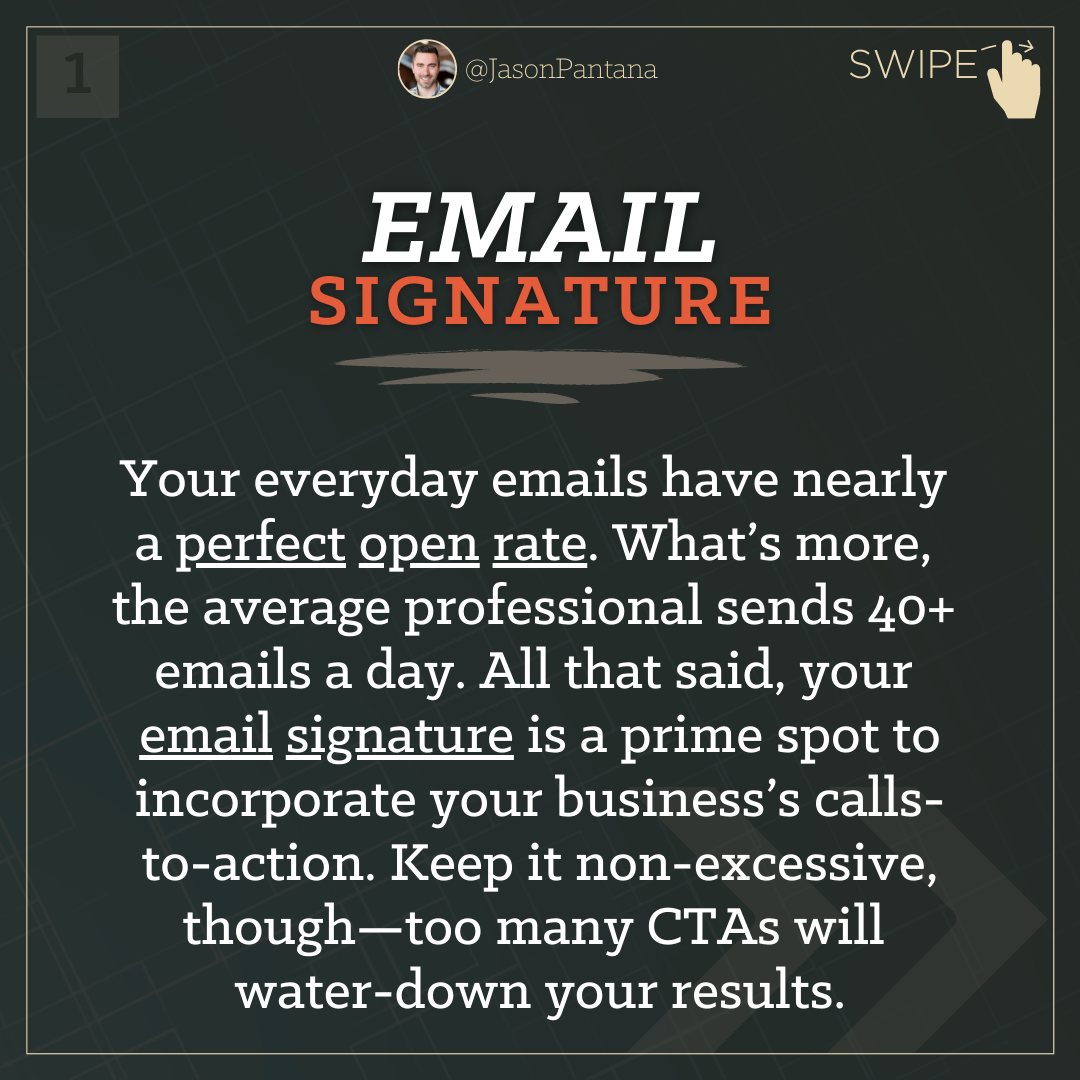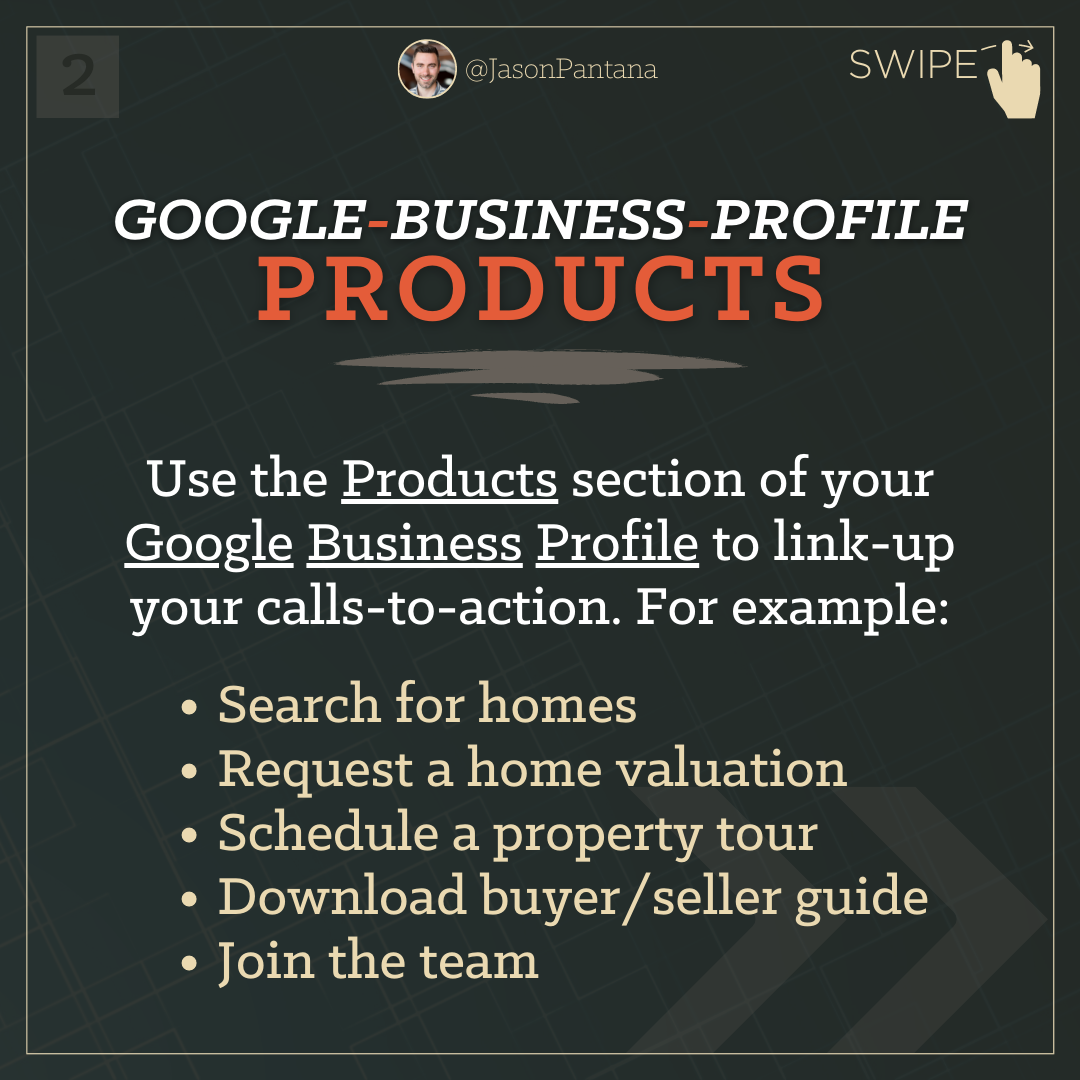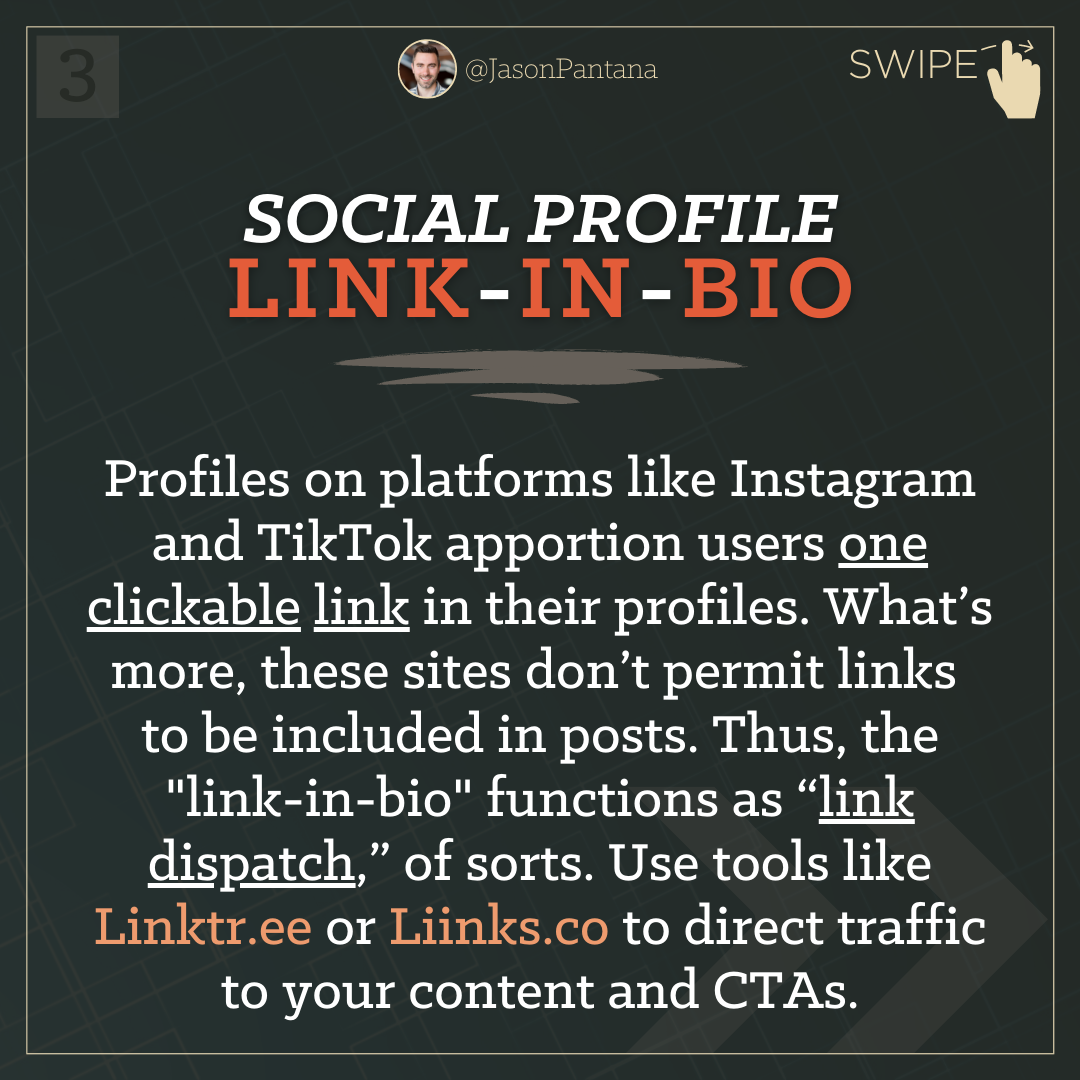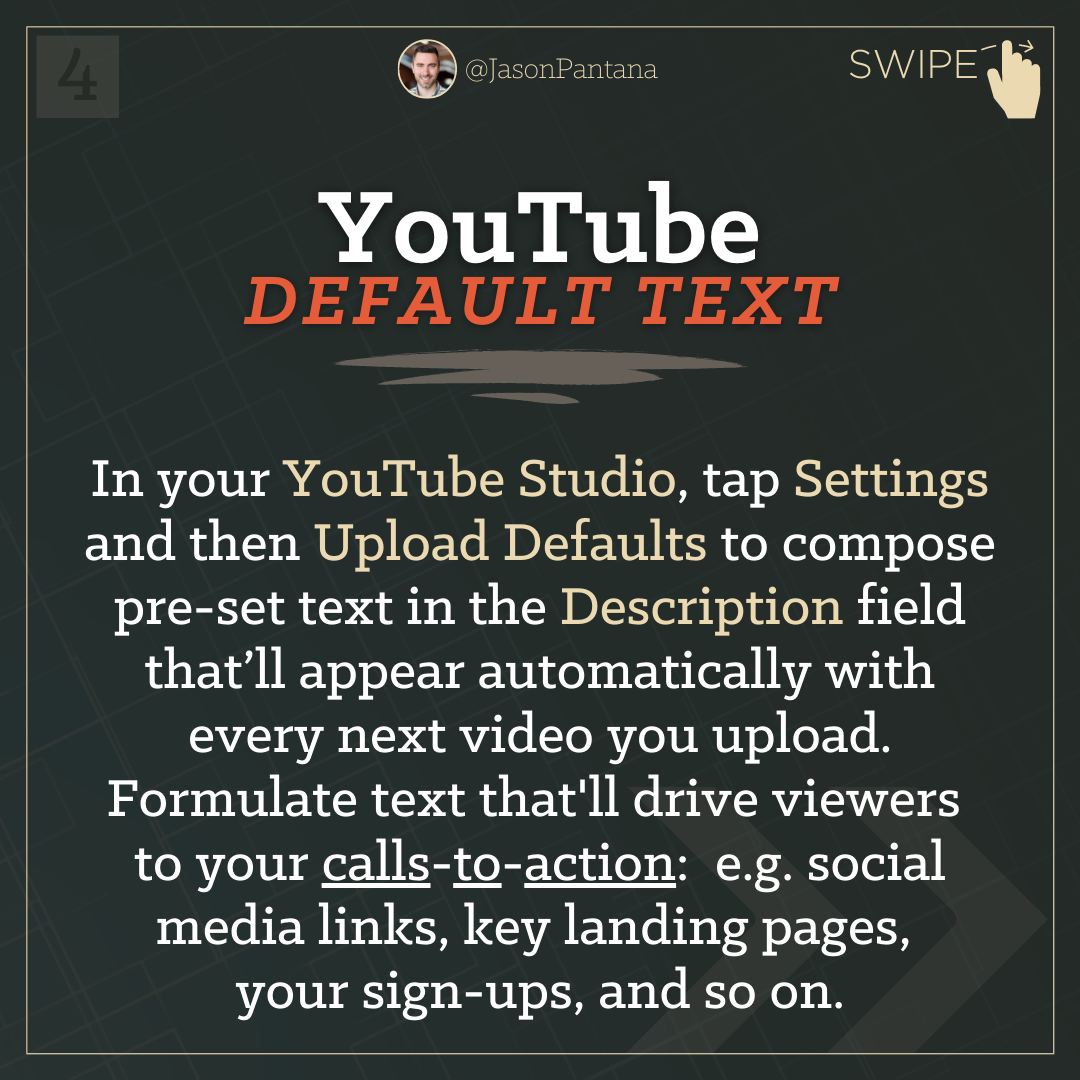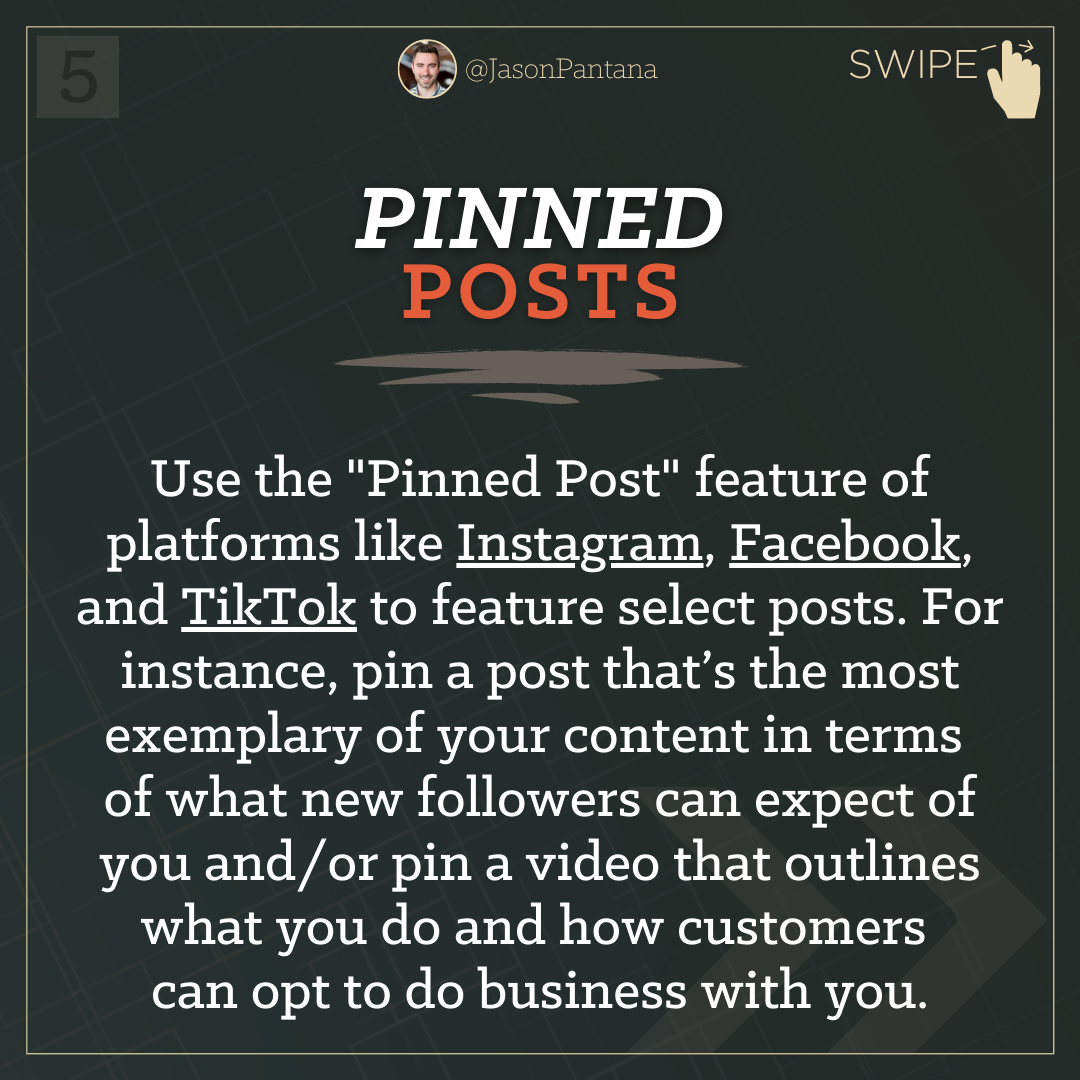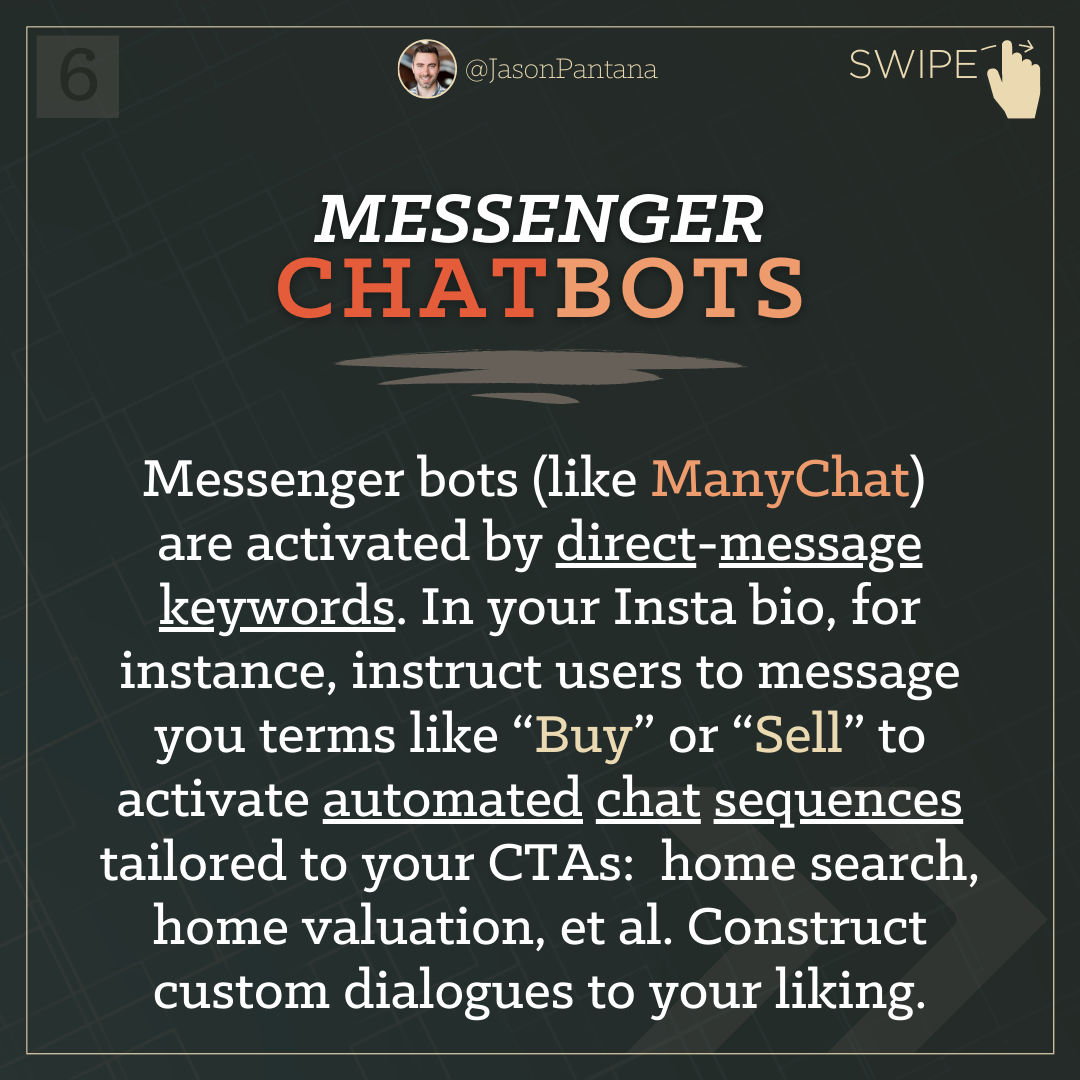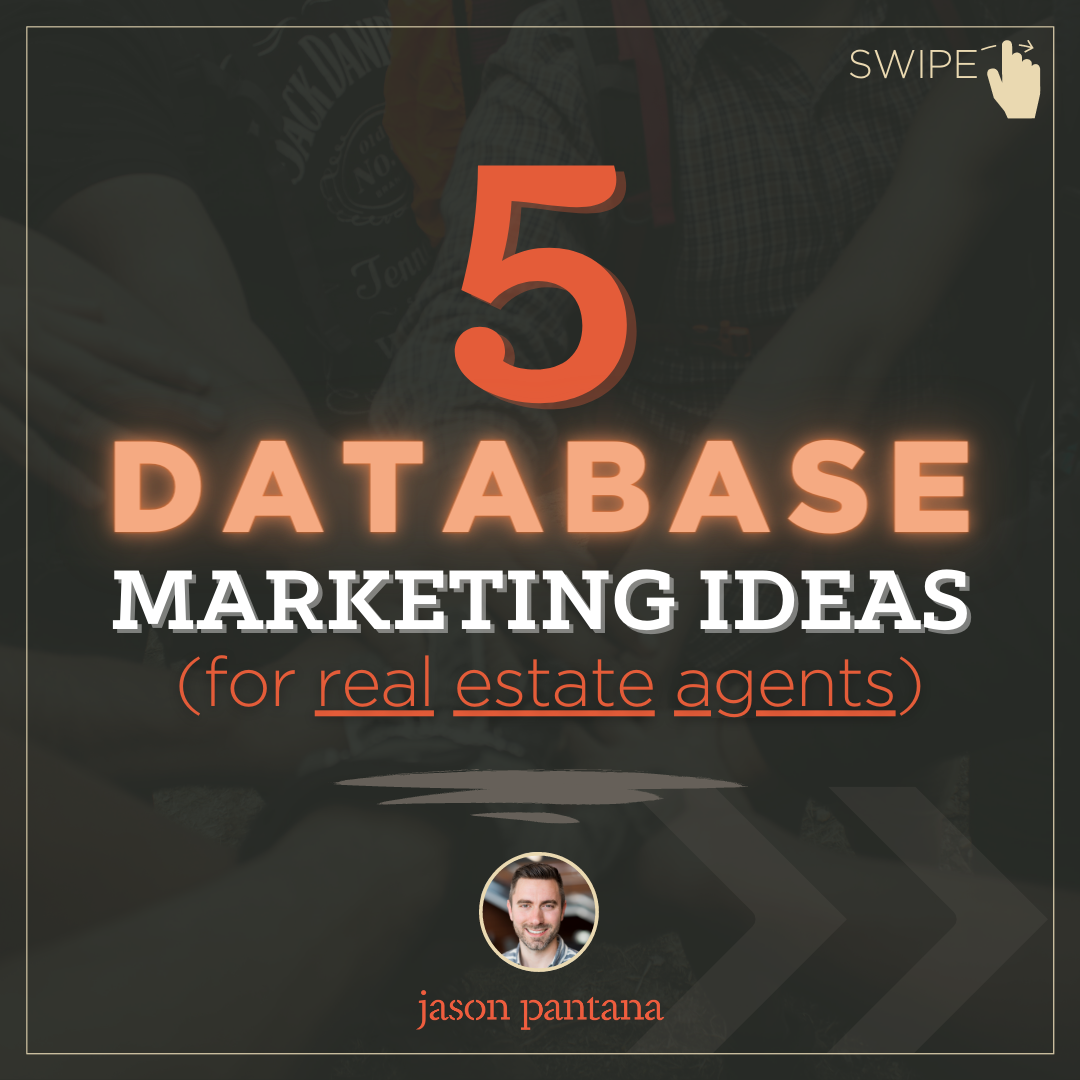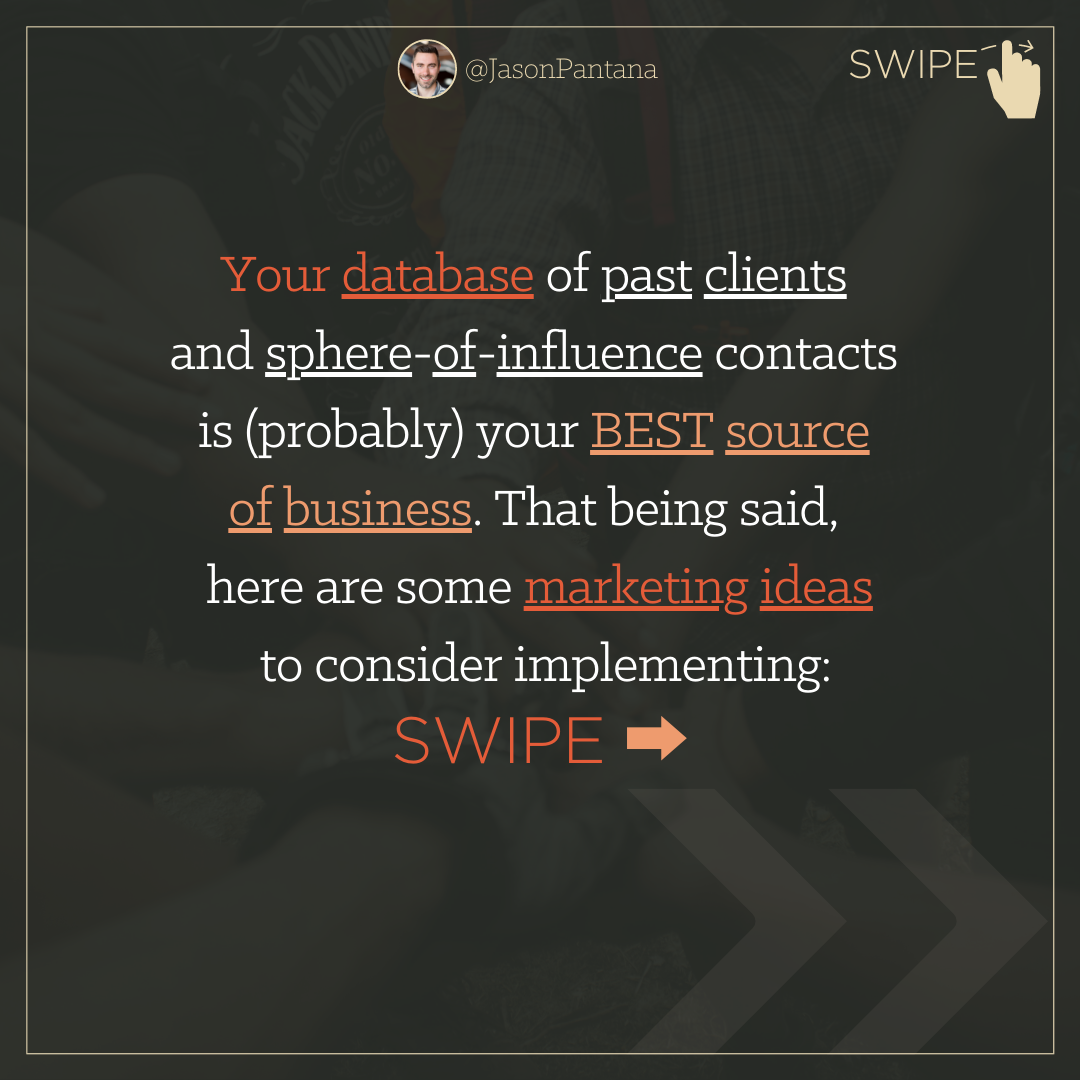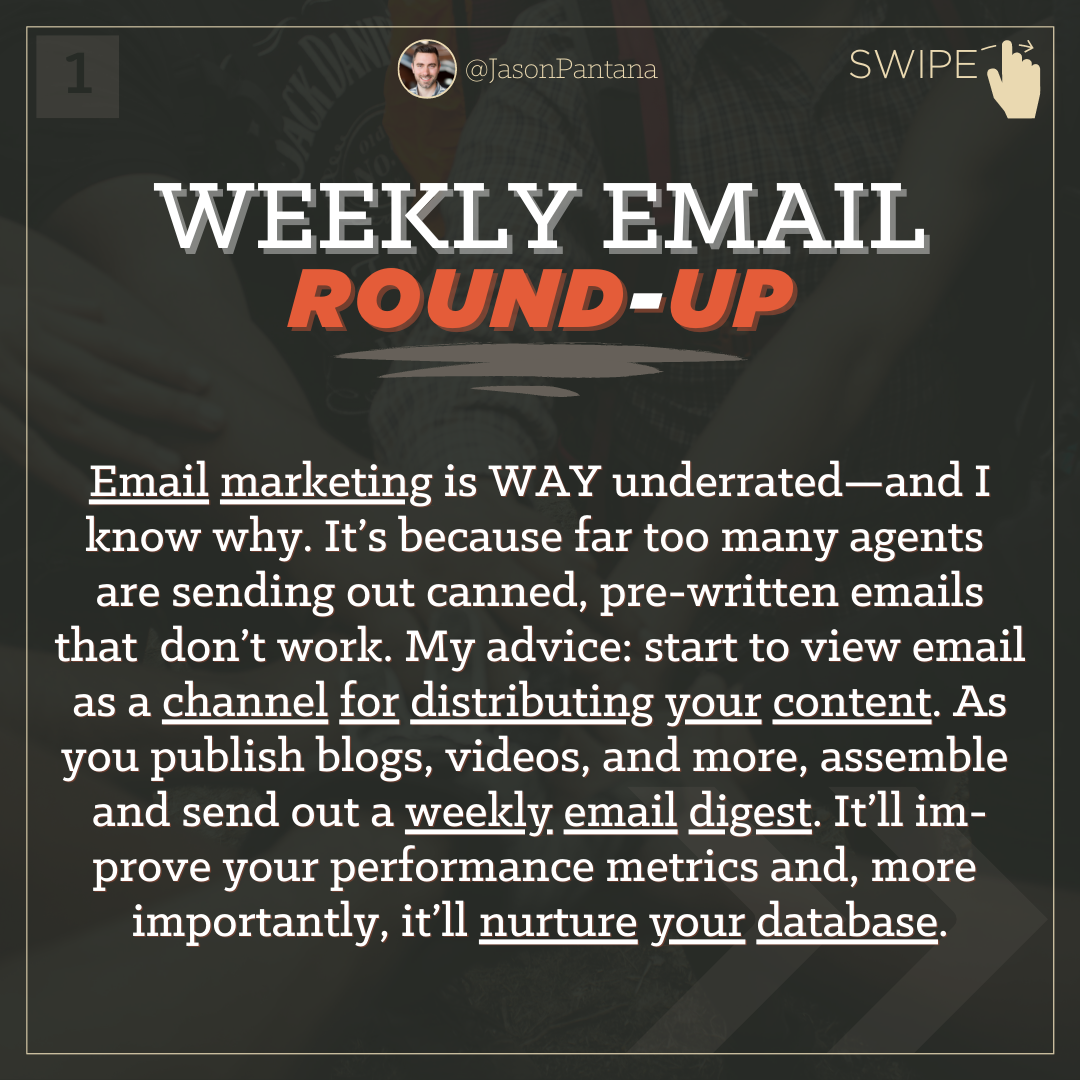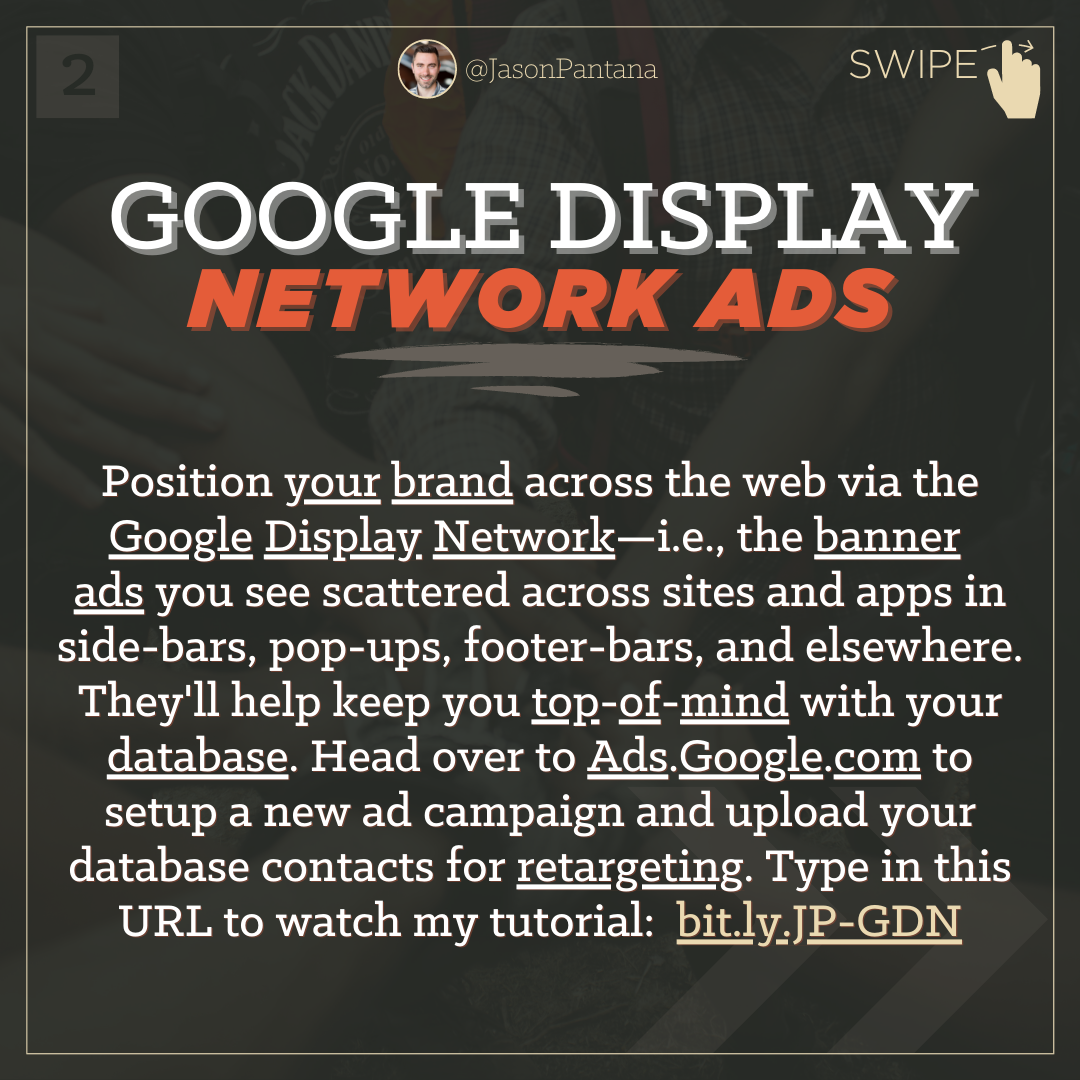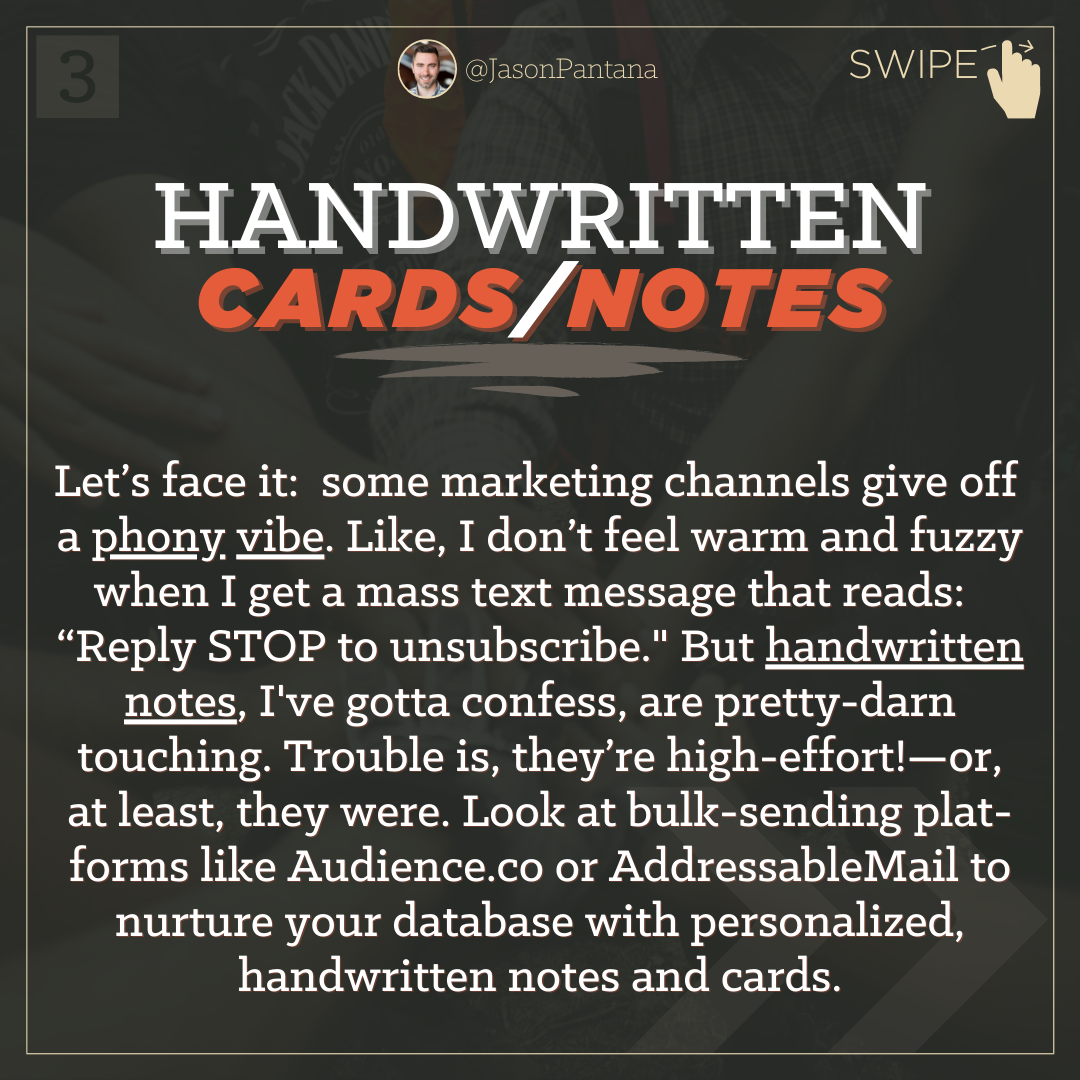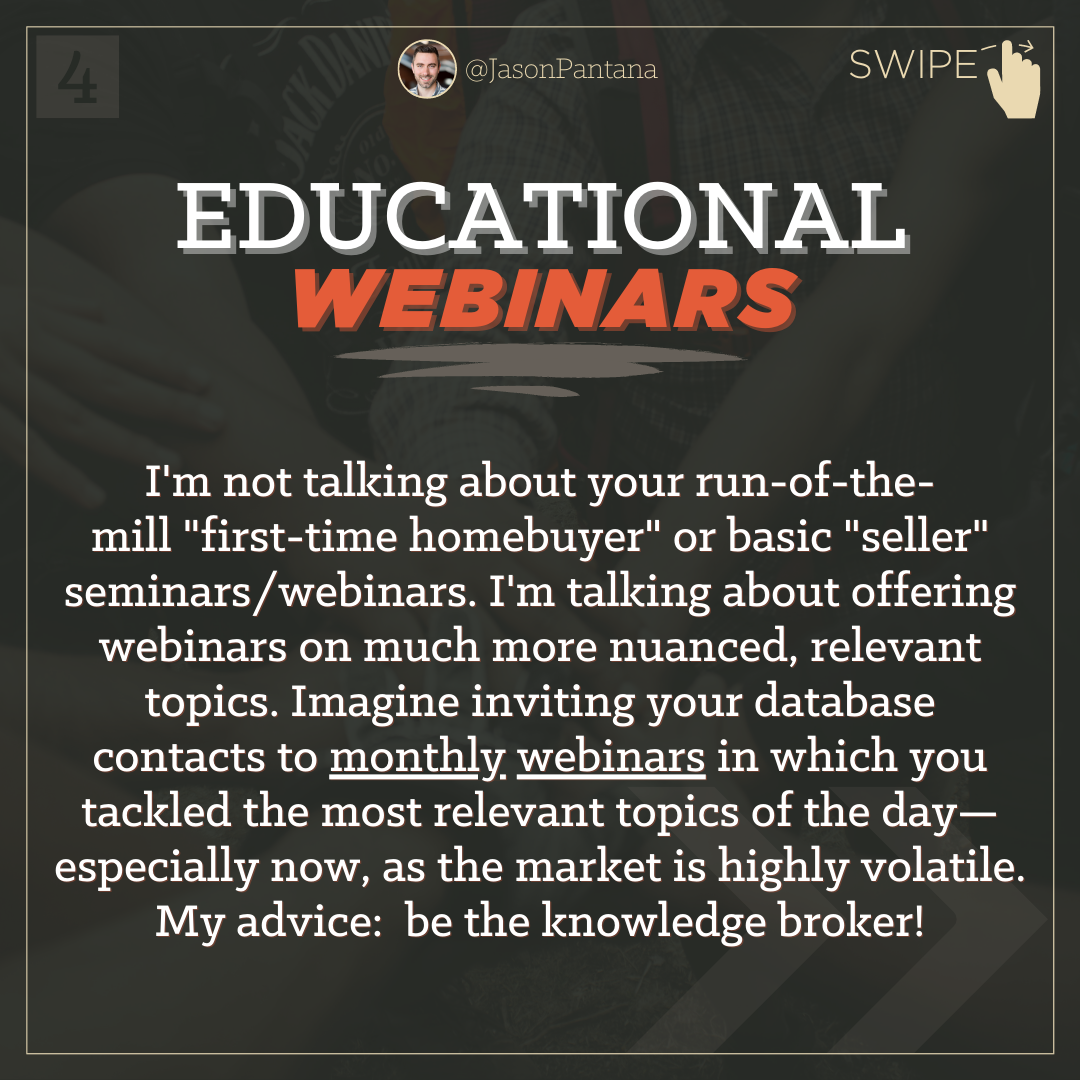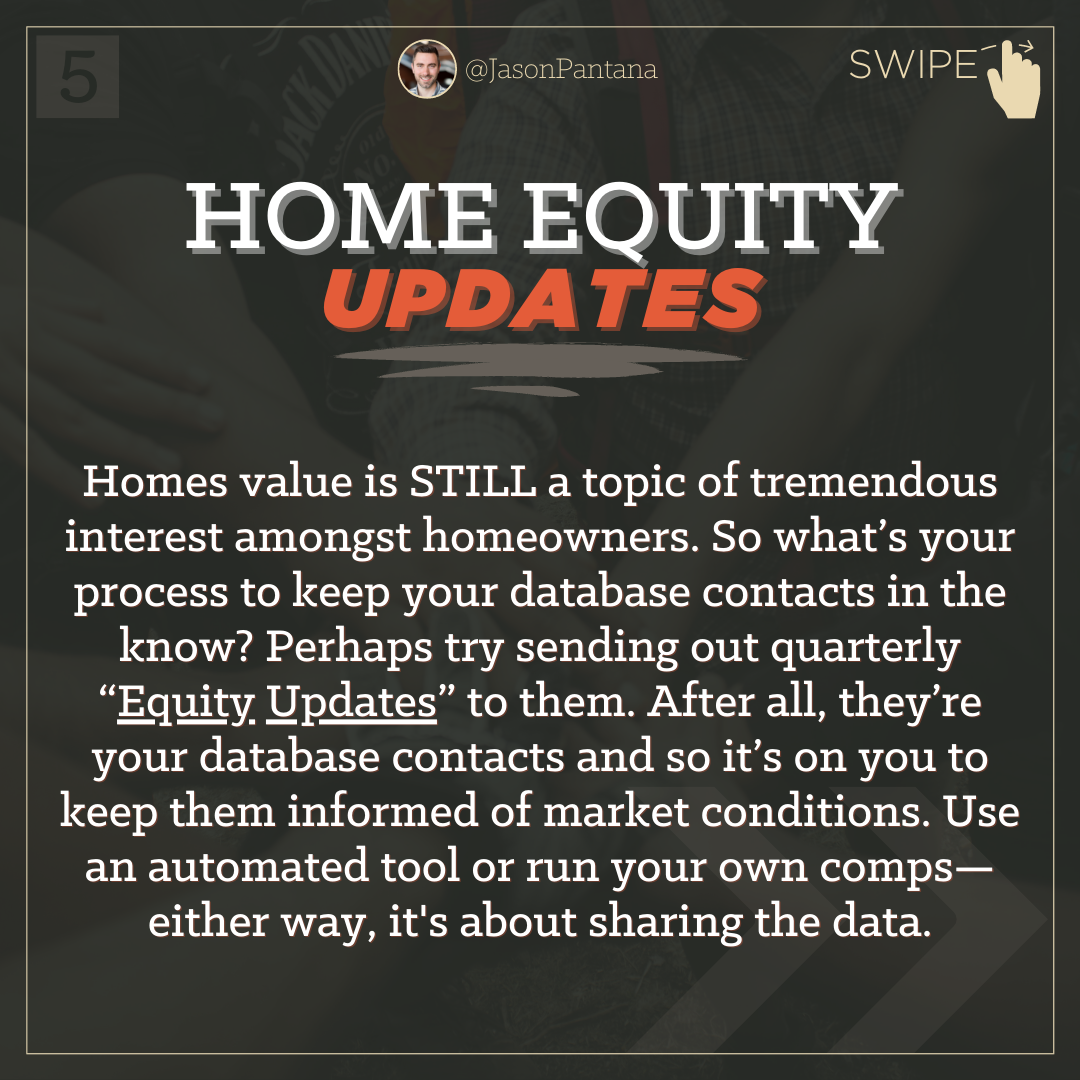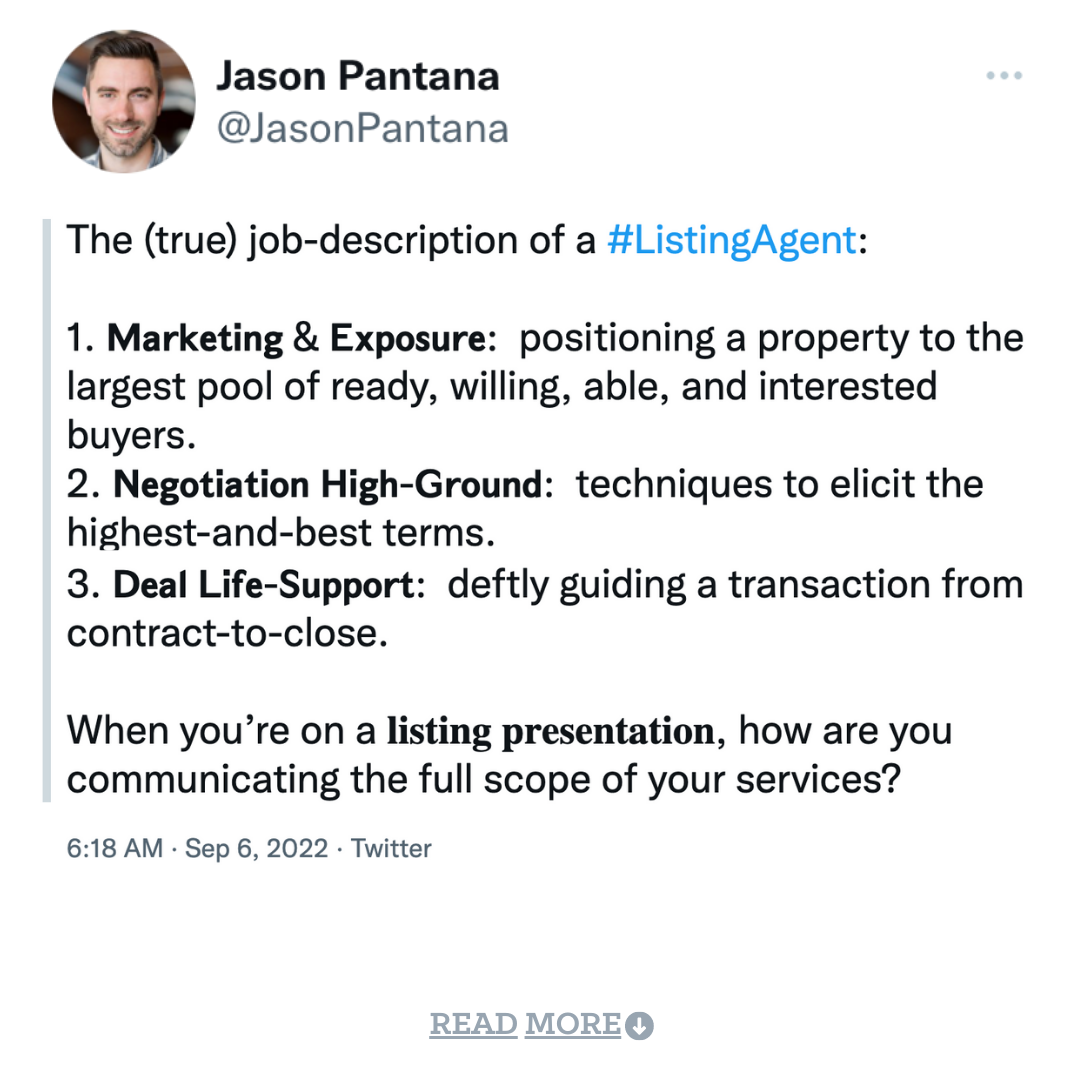Lead conversion is like basketball 🏀…
For sales teams—when it comes to lead conversion—it’s essential for you and your team members to grasp where the leads “are at” in the process of buying or selling real estate.
Otherwise, you won’t know how to recognize a ready-now opportunity from a “long-shot,” so to speak. And, if enough of your leads start to look like long-shots, then your sales team may begin treating all your leads accordingly.
Think of it like this…
Some leads are like half-court shots. You can try to close ‘em, but you’ll almost always miss. It’s better to push the ball down-court, metaphorically speaking.
Some leads are like three-pointers. If you get an open look, go for it—but you’ve gotta have sharp skills. What’s more, you’ve gotta “follow your shot.” In other words, don’t wait to miss; instead, go after your own rebound.
Finally, some leads are like layups: referrals, “come-list-me” calls, and so forth. When you get yourself into a scoring position—bottom line—the ball’s 🏀 gonna find its way to you.
The question is… how can you tell where a is at in terms of their readiness to transact?
Most sales people are familiar with sales funnels—i.e., funnel-shaped visuals divided into stages that represent where a lead is at in the process of buying or selling a product or service.
The traditional sales funnel, for instance, categorizes leads into three progressive stages of intent: awareness, consideration, and decision.
I like to call those stages: walking, jogging, and running because I think it better conveys the intensity with which a lead is moving toward taking action.
If a lead is “running,” for instance, it demands a proportionate measure of follow-up. On the other hand, if they’re “walking,” you wouldn’t treat ‘em as if they’re “running” — and if you were to, they’d block your calls.
The point is, knowing where the lead is so you can meet them where they are… Because if you can accurately pinpoint where they are from the start (and “meet them there,” so to speak), your lead conversion is gonna skyrocket 🚀.
The question is, how do you know?
LEAD-SCORING FRAMEWORK
Welp… the answer depends on how a lead is generated. There are two fundamental factors to determine a lead’s “stage of readiness” — that is, are they walking, jogging, or running.
The first factor is…
THE PROPOSAL - When a lead is procured—e.g. via an open house sign-in, through a website form-fill, from a personal referral, or an “out of nowhere” inbound call, for instance—it’s never random; it’s a response.
Somewhere along the way the lead was presented with an offer (a “proposal”) that, depending on whether it was a high-intent or low-intent type of offer, elicited a response relative to its invitation.
For example, “click here to schedule a showing” is a higher-intent offer than “click here to learn more.”
Ultimately, it has to do with whether or not the lead, in response to the offer, is opting to act Independently (without you) or Dependently (with you).
Requesting an automatic home valuation or setting-up a custom home search on your website, for instance, are “independent” actions whereas scheduling a consultation or calling your office directly are “dependent” actions.
So… does the proposal elicit a Dependent or Independent response? That’s the first factor to scoring your lead.
The second factor is…
THE PLACEMENT - Regardless of whether the offer was high- or low-intent, the next factor for consideration is whether or not the lead, quote-unquote, “asked” for the proposal. In other words, was it shown to them voluntarily or involuntarily?
For example, did they run a Google search that triggered your ad (voluntary) or was it a Facebook ad that simply showed up in their feed (involuntary)?
The point is, where (and by what means) was the “placement” of the offer? It makes a difference.
Having said all the above… here’s how you use these factors to determine where a lead “is at” in the sales process -- as in, are they walking, jogging, or running?
Independent + Involuntary = Walking
Independent + Voluntary = Jogging
Dependent + Involuntary = Jogging
Dependent + Voluntary = Running
Knowing where a lead is at is mission-critical to effective conversion — otherwise, you won’t know how to recognize a ready-now opportunity from a “long-shot.”






